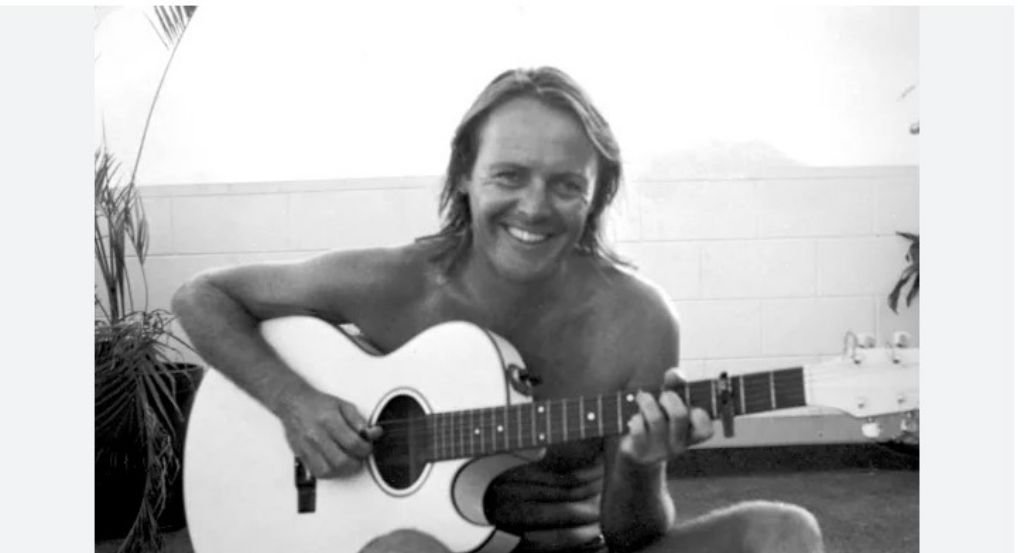Regarding Crispin Dye Wikipedia, despite his tragic and untimely death, Crispin left an indelible mark on the Australian music industry through his tireless management of iconic bands and his creative pursuits as a singer-songwriter.
Decades after the brutal murder of the famed music manager Crispin Dye in 1993, justice continues to be elusive. Dye’s untimely death left a glaring void in the Australian music industry.
Despite a massive $100,000 reward announced in 2014, the case remains unresolved, adding to the growing list of unsolved crimes from a dark era of violence against the gay community.
Also read: Linda Burney Stroke And Illness 2023: What Is Wrong With Linda Burney?
Crispin Dye Wikipedia
Crispin Dye, known prominently for his work as the long-term manager of the world-renowned Australian rock band AC/DC, lived a life drenched in music and a zest for creativity.
His contributions also included collaborations with other Australian music icons like the Easybeats and Rose Tattoo, solidifying his mark in the Australian music industry.
Dye was not just a music manager; he also possessed his own creative inclinations as a singer-songwriter.
His personal music journey culminated in the production of his CD, ‘A Heart Like Mine,’ which he had released under the stage name Cris Kemp.

The day he was attacked was the night he had been out celebrating the launch of this album in Surry Hills and Darlinghurst.
Born to his mother, Jean Dye, Crispin lived a life of two halves, spending winters at his home in Cairns and the remaining half the year with his mother in Willoughby.
Known for his “fun-loving” personality, as recalled by Peter Rolfe, the president of the victims’ help group Support After Murder, Crispin Dye was a well-loved figure within his circles.
Crispin Dye Death Cause And Obituary: Family Mourn His Passing
Crispin Dye’s life was abruptly cut short in a brutal incident on December 23, 1993.
After an evening out, Dye was unconscious around 4.30 am in Little Oxford Street, near Taylor Square.
Witnesses at the scene described three young men of Pacific Islander appearance standing over Dye. He had been severely bashed and robbed of his wallet.
Two days later, he succumbed to his injuries, passing away on Christmas Day at St George Hospital in Sydney.
Dye’s murder case was part of a trend during those years in Sydney, where murders of homosexual men had increased significantly.

However, robbery was ultimately considered the primary motive in Dye’s case. The exact motive, however, remains a topic of contention, with Dye’s mother, Jean, unsure if it could be classified as a gay-hate crime.
A significant lead in the case, coming from a secret recording of a prisoner claiming to have “knocked off” Dye, unfortunately, came to nothing.
Dye’s murder case went cold, remaining unsolved for decades.
In 2014, the New South Wales (NSW) Police Minister Stuart Ayers announced a $100,000 reward for information leading to the arrest and conviction of the perpetrators of Dye’s murder.
The reward was a spark of hope for the aging Jean Dye, who was 91 at the time of the announcement, to find justice for her son finally. In recent years, the unsolved case of Dye’s murder has been spotlighted alongside other unresolved cases.
Despite the differences in defining what constitutes a gay-hate homicide, these cases are a grim reminder of a period of violence that shook the gay community in Australia.
Nearly 30 years after Dye’s death, the mystery surrounding his murder remains unresolved. His death is a chilling memory of an era marked by brutal violence, and his family continues seeking answers and justice.
Also read: Who Did Dr Disrespect Cheat On His Wife Mrs Assassin With? Affair Scandal

